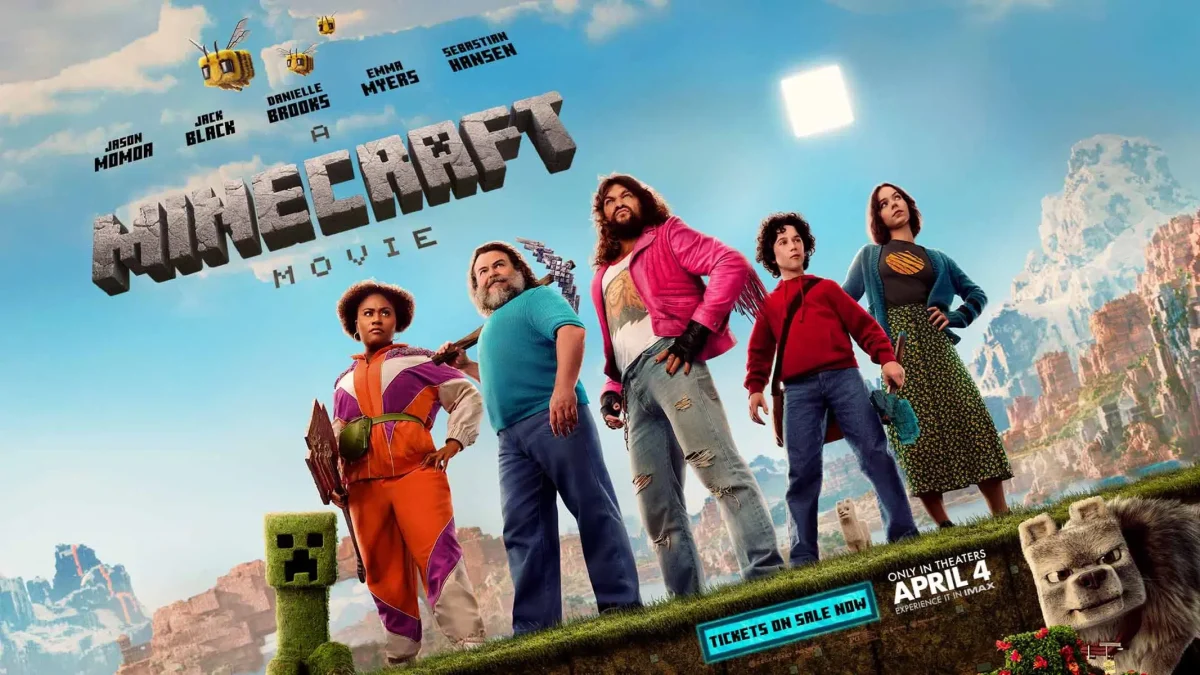At the theater, I noticed something as I watched the previews before the movie started. Nearly every upcoming movie sported a tagline proclaiming it to be a “sequel to a hit movie” or an “inspired remake.” The few movies that listed neither of those attributes had premises I knew I had heard before, and I wondered where the new, imaginative, never-been-done-before films were.
Most movies these days belong to a franchise, are adapted from a book series, or are simply a remake older stories and characters to suit the changing tastes of movie audiences. While some of these remakes and adaptations work well, like the new “True Grit” and “Tangled,” many serve as a reminder that the original did it much better, like the disaster that was “The Last Airbender.”
I wanted to blame the screenwriters for their lack of originality, but most of the time they don’t think of the ideas for the script. Producers get a basic idea of what they want to see, and whether or not they want to market the film to a younger or older audience. Film-making costs money, and producers need to make sure the movie that they’re financing will come out profitable. After the producers hash out those guidelines, they approach a screenwriter for the first time to write the movie.
This method of deciding what movies make it to filming stifles the creativity of the screenwriters and removes many good ideas from the table. If a screenwriter does decide to submit their own idea to film companies for consideration, oftentimes the studio will tell them, “Oh, that’s cute. We think you’d be perfect to write ‘Saw 14.’”
Studios continue to ignore good ideas because it’s profitable. Recognizable names bring in box-office records much more easily than a completely new idea. And if the movie has a big name director or star attached to it, the more likely the movie will succeed. Best Picture nominee “The Fighter” wouldn’t have even been made if Mark Wahlberg hadn’t fought for it.
Movie producers and studios alike need to show a bit more courage when deciding what scripts they can accept. A few successes here or there with sequels doesn’t mean that every movie needs multiple ones, like what happened with “Shrek.” And just because a TV series has a successful franchise isn’t necessarily the reason to go ahead and make a movie of it, like “The Last Airbender.” Instead of trying to haphazardly squeezing more money out of old ideas, try to see what would happen with new concepts. This time, don’t go making fifty sequels out of it.




































![Teacher Lore: Mr. Hillman [Podcast]](https://bsmknighterrant.org/wp-content/uploads/2025/03/teacherlorelogo-1200x685.png)




